7 Grocery Prices Set to Spike Because of Packaging Tariffs
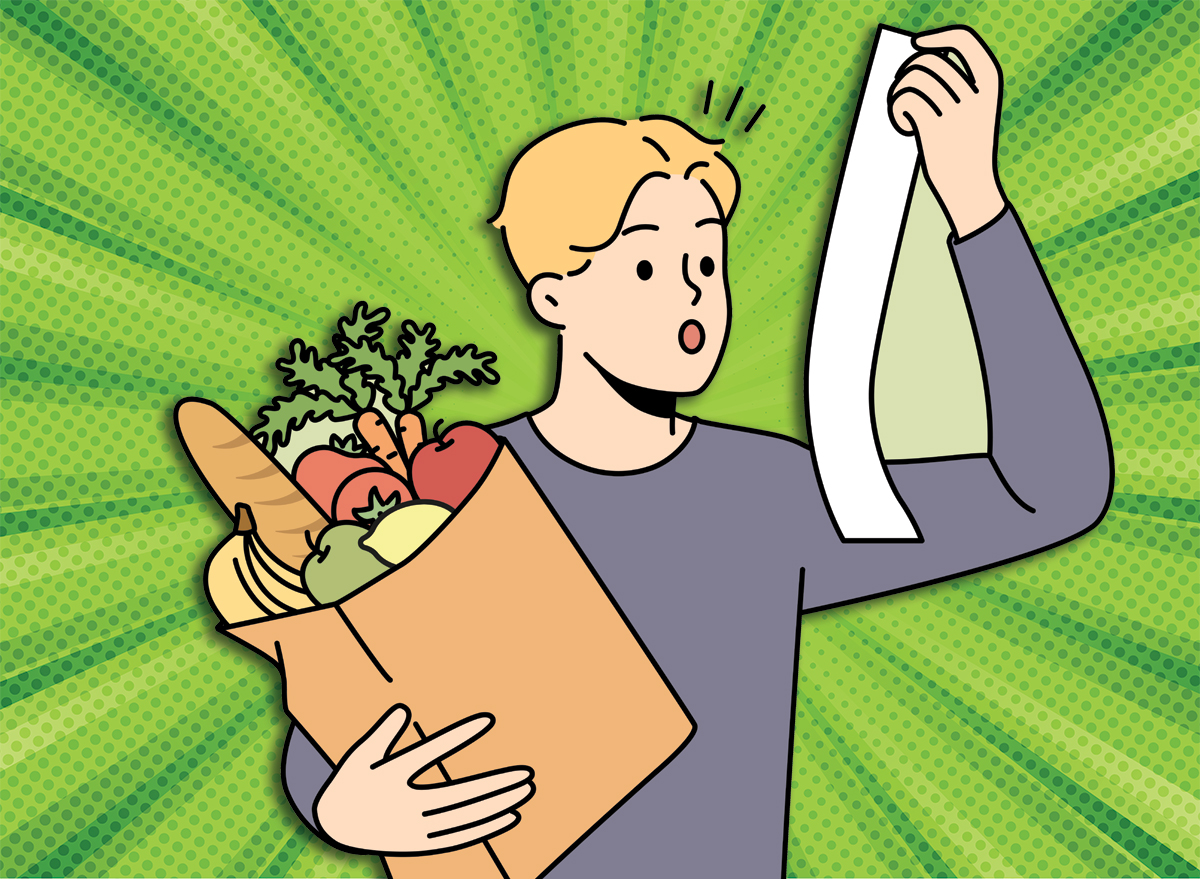
Could tariffs against packaging materials impact grocery prices? According to Robert Budway, president of the Can Manufacturers Institute, tariffs will “create an inflationary impact on the consumer, who relies heavily on canned foods to meet their everyday needs of feeding their family nutritious, affordable meals… [The] impact of tariffs on steel and aluminum will be felt by [consumer packaged goods] manufacturers and consumers at the grocery store,” he told NPR So where exactly would prices spike? Here are seven groceries that could become more expensive as a result of aluminum and cardboard costs.
Soft Drinks
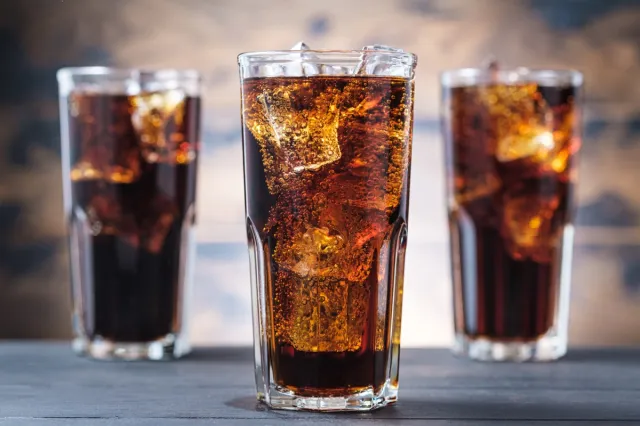
Soft drink companies rely on aluminum to make cans, and companies like Coca-Cola already say they might move over to more plastic if aluminum becomes too expensive. “I don’t think we should – you should not conclude that this is some huge swing factor in the US business,” Coca-Cola’s chairman and CEO, James Quincey said in a recent earnings call. “It’s
a cost. It will have to be managed. It would be better not to have it relative to the US business, but we are going to manage our way through.”
Beer
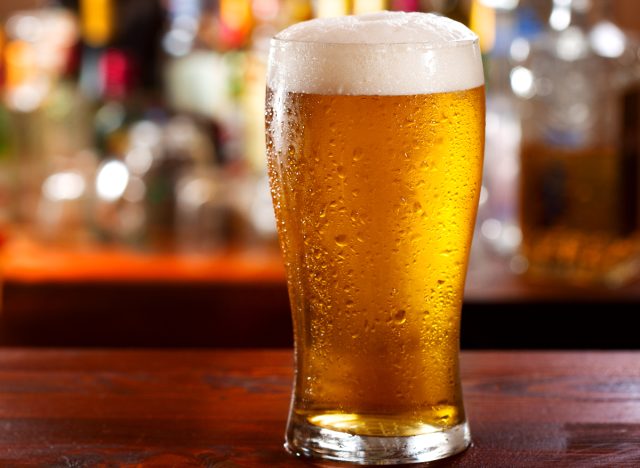
Smaller breweries are worried about the impact tariffs will have on their bottom line. “We just don’t have any more room to give without raising pricing. And if we raise prices, I know that with people’s buying power being less today, our volumes will decrease,” Ken Henricks, owner and president of Alter Brewing Co. in suburban Chicago, told NPR. “We’re really at a tough spot.”
Soup and Beans
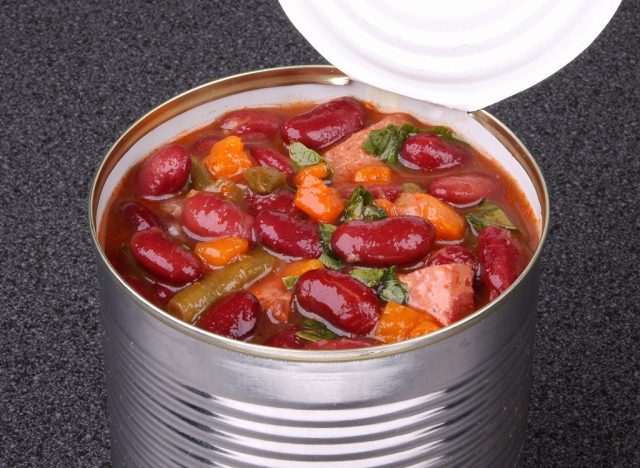
Canned soup and beans could become more expensive due to tariffs on steel and aluminum, experts warn. “The biggest thing for us right now is just the not-knowing,” Kat Kavner Woolf, co-founder and CEO of Heyday Canning Co, told NPR. “And because we are small, we don’t have a direct relationship with these suppliers that are pretty big. We don’t have anyone that we can just pick up the phone and call and be like, ‘Where is your steel coming from?'”
Frozen Foods
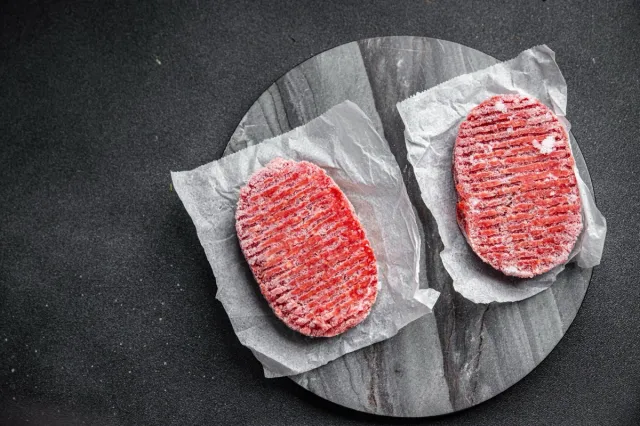
Many foods that are packaged in plastic (so basically, almost everything), may be impacted by price hikes. “It will take a year for all those costs to ripple through, but in 12 months you will absolutely see higher prices across the board,” Jeff Dunn, the executive chairman of Generous Brands and Bolthouse Fresh Foods, tells The New York Times.
Canned Vegetables
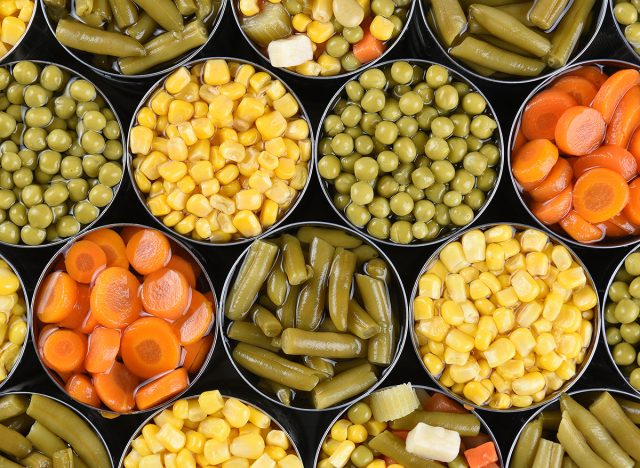
Canned vegetables rely on both aluminum containers and cardboard packaging. “We’re closely working with our suppliers to mitigate potential impact,” Campbell’s Company CEO Mick Beekhuizen told CNN. “At the same time, depending on how long these tariffs would be in place as well as the extent of the tariffs, we might need to take other actions.” That, he said, could lead to a review of “pricing for some of our products.”
Canned Tuna
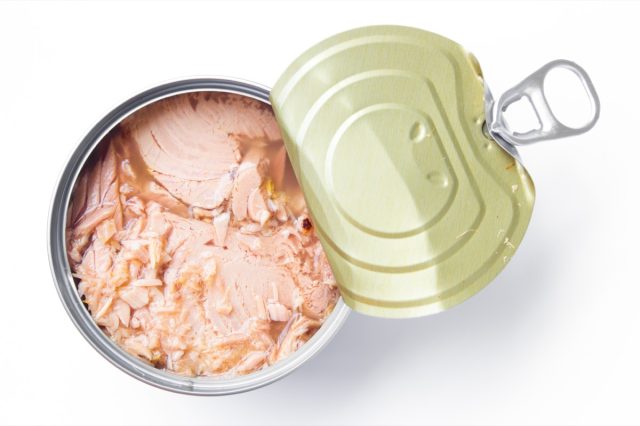
Canned tuna also relies on aluminum cans and cardboard outer packaging. “Today, there is not enough smelting capacity in the United States to supply the growing aluminum industry with the input materials it needs,” says Charles Johnson, president and CEO of the Aluminum Association,via NPR.
Pet Food

High-quality pet food is already quite pricey, and tariffs could make it even more expensive. Many dog and cat food brands are packaged in aluminum cans, which are produced in countries such as Canada. Canada also exports pulp to the U.S., which is important for producing cardboard.